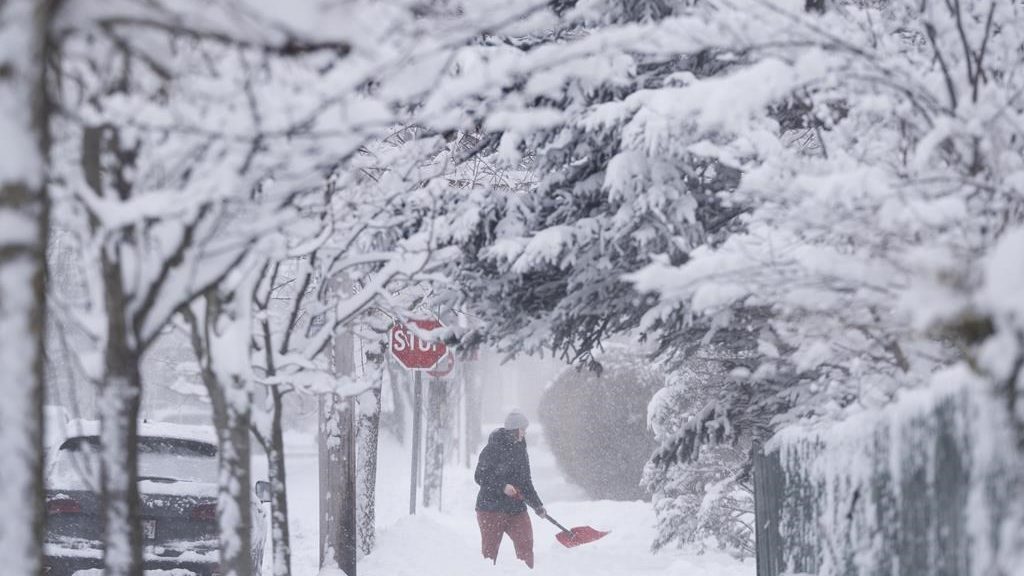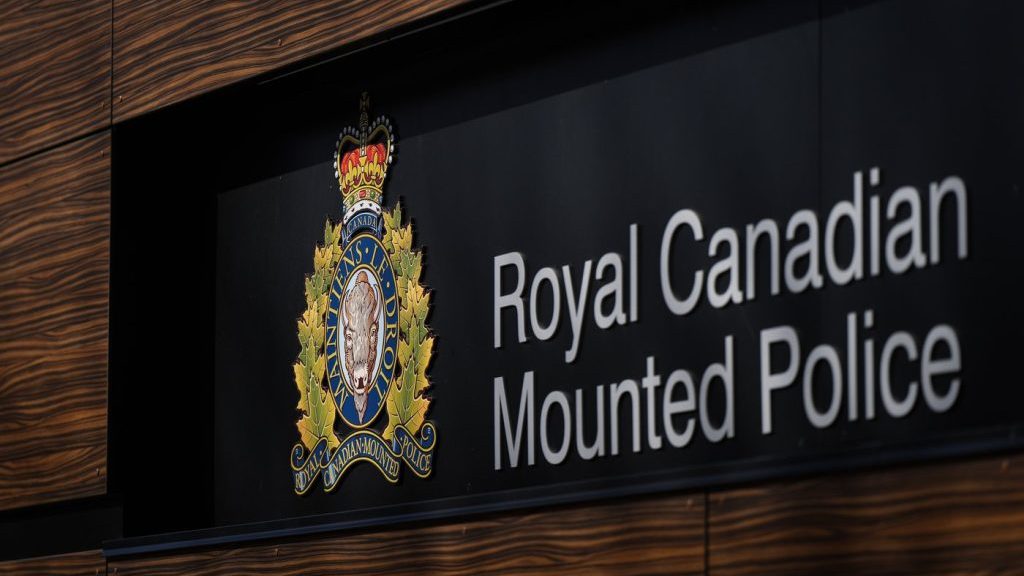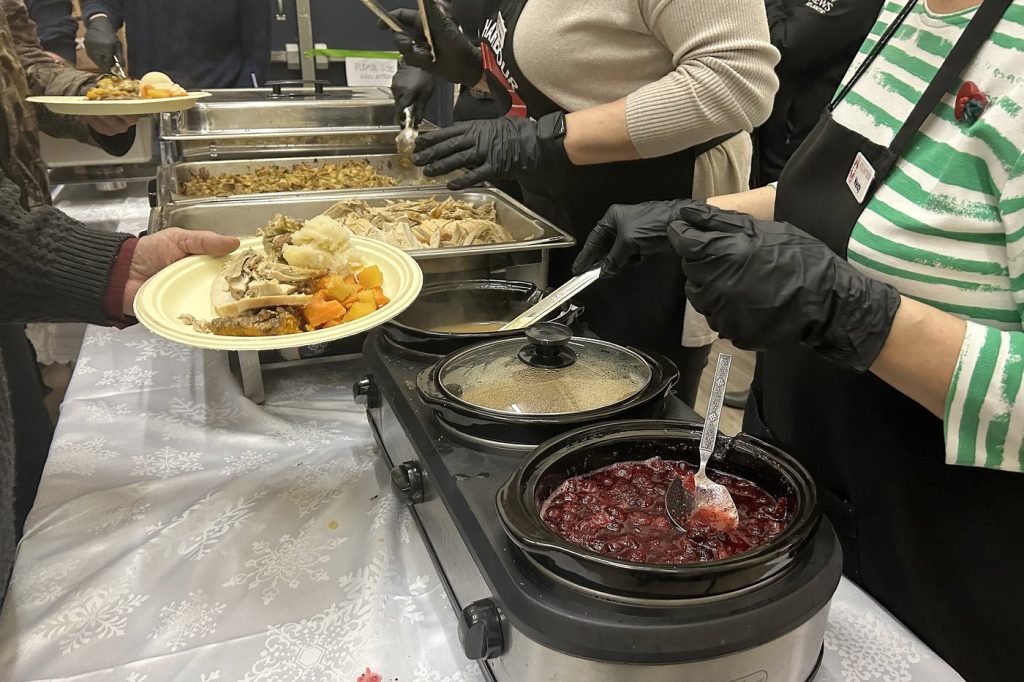Eighty-six per cent of Commons witnesses spoke English in hybrid Parliament: Bloc
Posted Dec 3, 2021 07:01:44 PM.
OTTAWA — The body in charge of administering the House of Commons is set to look into whether the hybrid Parliament is forcing French-speaking MPs and committee witnesses to speak English.
The Bloc Québécois says the issue is “very concerning” and has persuaded the board of internal economy to examine whether poor audio quality is leading to less interpretation into French, and from French into English.
The Bloc’s whip, Claude DeBellefeuille, said it is “very important for Parliamentarians to be able to do their jobs properly, no matter what their mother tongue is.”
Earlier this week, Environment Minister Steven Guilbeault addressed the House of Commons remotely but no French interpretation was available, prompting French-speaking MPs to complain.
The deputy speaker Chris d’Entremont apologized and said the Minister’s remarks were not interpreted into French because of an “unauthorized headset.”
DeBellefeuille told the board of internal economy that 86 per cent of witnesses who gave evidence to Commons committees in the last hybrid Parliament spoke in English.
She asked the board to monitor what proportion of testimony in committees is in English or French and to look at whether more interpreters are needed in a hybrid Parliament.
There are currently 124 interpreters working in the House of Commons but they have to take shorter shifts in a hybrid Parliament because interpreting virtual appearances by video is more arduous than in person, DeBellefeuille said.
The hybrid Parliament, which allows MPs and witnesses before committees to participate via videolink, puts a strain on interpreters.
Bad wifi connections or equipment that do not deliver good audio quality have made interpreters’ lives difficult. Some in the last hybrid Parliament suffered injuries to their ears and had to take time off.
Peter Julian, the NDP’s House leader, told the board he felt that 124 interpreters may not be enough. He also wanted the board report to look at what is being done to protect the health and well-being of interpreters.
The Bloc’s deputy House leader, Christine Normandin, told The Canadian Press that in the last hybrid Parliament French-speaking MPs had noticed “some French-speaking witnesses would start speaking English” in committees.
“There was a gradual move toward starting to speak in English in committees,” she said. “It is because of interpretation problems we are shifting more to English. When we call witnesses we ask them to speak in French.” Public Services and Procurement Canada, which is in charge of interpretation in the Commons, said “interpretation work requires very specific technical conditions to be performed safely and … these conditions are sometimes lacking when participants join remotely.”
It added: “Whether the meeting is in-person, hybrid or virtual, members of Parliament and witnesses may speak in the official language of their choice, and the translation bureau’s interpreters stand ready to ensure full coverage in both official languages.”
It said there were shortages of qualified interpreters in Canada and worldwide.
This report by The Canadian Press was first published Dec. 3, 2021.
Marie Woolf, The Canadian Press








